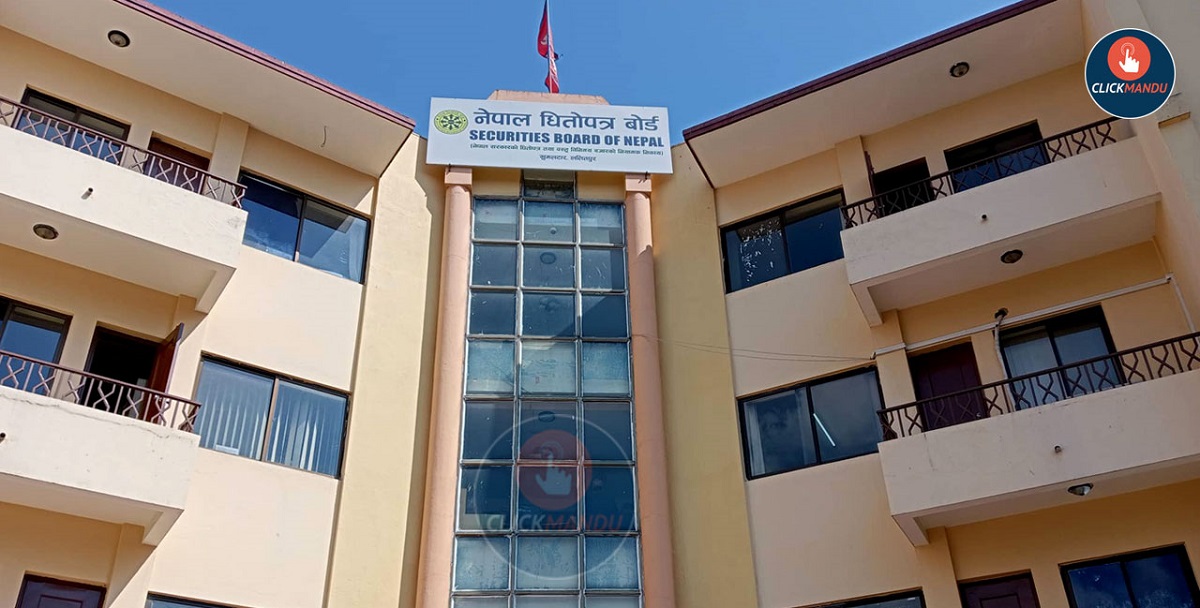Kathmandu: Securities Board of Nepal (SEBON) has announced a decision to increase the paid-up capital of the Nepal Stock Exchange (NEPSE).
The announcement was made through the board’s policy and programme statement for the fiscal year 2025/26.
The board declared that it will amend the Securities Market Operation Regulations to ensure uniformity in the paid-up capital of securities market operators.
Back in August 2022, the government of Nepal had approved a provision in the same regulation mandating a minimum paid-up capital of Rs 3 billion for securities exchanges, primarily to pave the way for licensing new stock exchanges.
However, the regulation had exempted existing stock exchanges at the time of implementation from the requirement of reaching the Rs 3 billion capital threshold. Despite this exemption, nearly three years later, SEBON has announced its intention to revise the regulation again to establish uniform capital requirements for all securities market operators, including NEPSE.
Alongside the capital hike, the board has also declared that NEPSE will be required to issue an Initial Public Offering (IPO).
“The regulations will be amended to ensure capital uniformity among market operators and to introduce provisions for public share issuance,” the board stated in its new fiscal policy document.
The existing provision, amended in August 2022, required newly established securities exchanges to issue 30 percent of their issued capital to the public within two years of commencement. However, this provision did not apply to NEPSE at the time due to its ongoing operation. Now, with the proposed amendment, the IPO requirement will also be imposed on NEPSE.
Although the rules for licensing new stock exchanges were amended three years ago with the aim of diversifying the market, SEBON has yet to invite applications or issue any licenses.
With this latest announcement, the board has renewed its commitment not only to raise NEPSE’s capital and enforce IPO issuance but also to restructure NEPSE and CDS and Clearing Limited as part of broader market reforms.



Comment Here